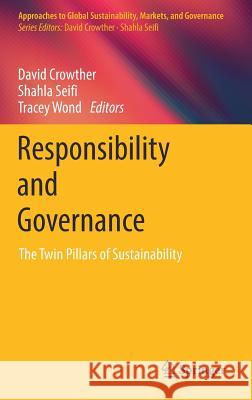Responsibility and Governance: The Twin Pillars of Sustainability » książka
topmenu
Responsibility and Governance: The Twin Pillars of Sustainability
ISBN-13: 9789811310461 / Angielski / Twarda / 2018 / 255 str.
Kategorie:
Kategorie BISAC:
Wydawca:
Springer
Seria wydawnicza:
Język:
Angielski
ISBN-13:
9789811310461
Rok wydania:
2018
Wydanie:
2019
Ilość stron:
255
Waga:
0.57 kg
Wymiary:
23.5 x 15.5
Oprawa:
Twarda
Wolumenów:
01
Dodatkowe informacje:
Wydanie ilustrowane











